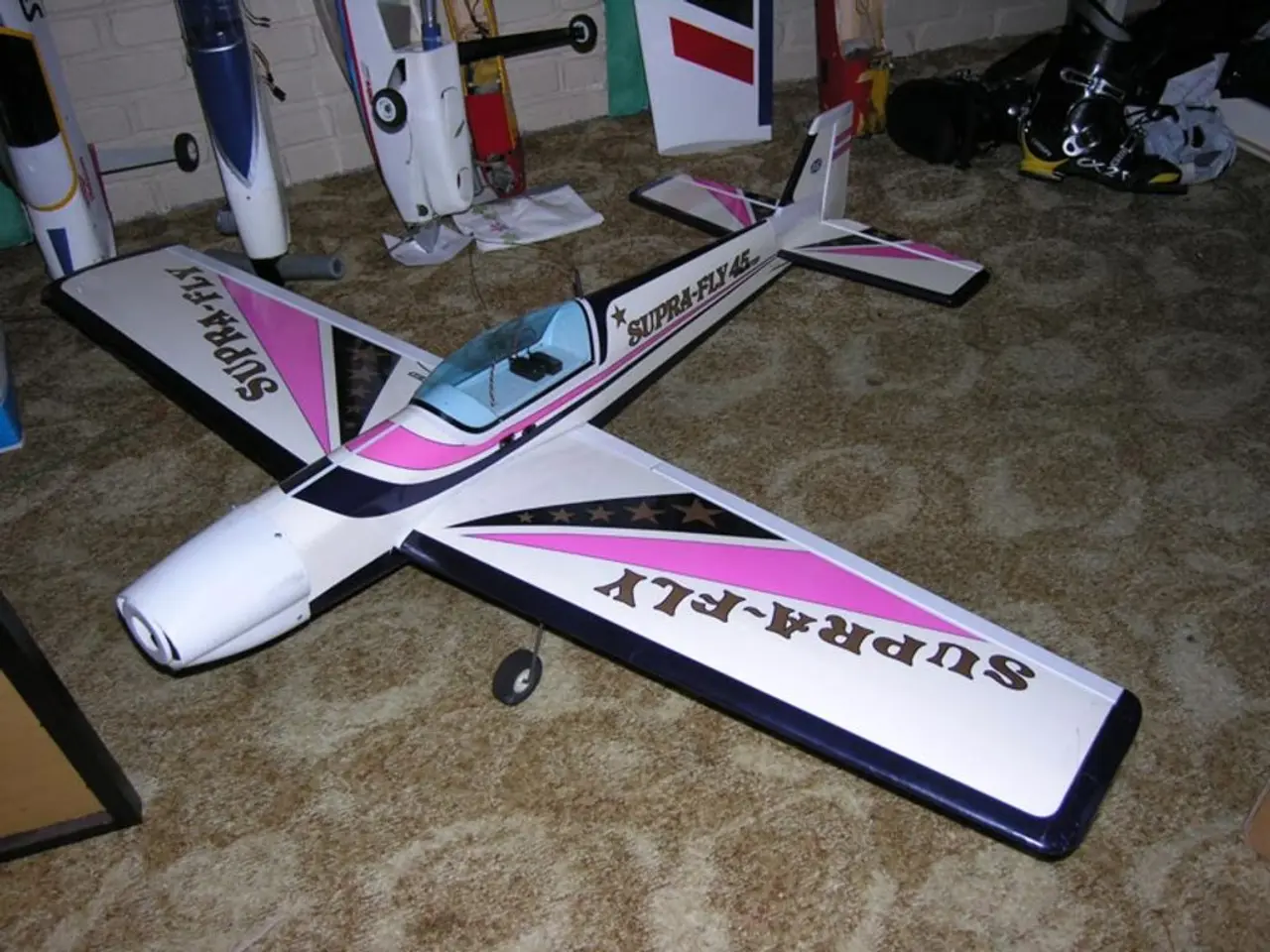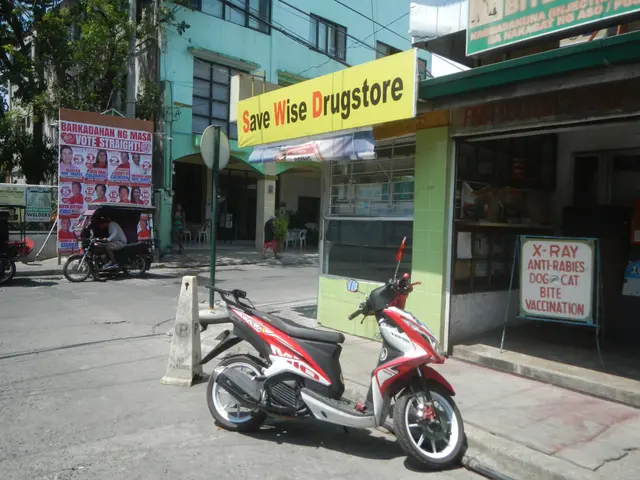Aircraft Accident Investigation Advances Post Jeju Air Mishap
As the investigation into the tragic Jeju Air crash at Muan International Airport on December 29, 2024, continues, families of the victims and aviation professionals are demanding answers and transparency. The crash, which claimed the lives of 179 individuals, is now recorded as the deadliest aviation accident within South Korea's history [1].
The recovery and analysis of the black boxes (flight data and cockpit voice recorders) are crucial to the investigation. However, authorities have yet to release comprehensive technical findings, causing frustration among victims' families who seek evidence-backed conclusions rather than official statements without documentation [1].
Preliminary findings, shared privately but not yet publicly, suggest that a bird strike and subsequent human error may have played significant roles in the crash. The Boeing 737-800 aircraft reportedly suffered severe damage from Baikal Teal Ducks, with the right engine being particularly affected. The left engine, though less damaged, was mistakenly shut down by the crew, leading to a total loss of engine power [1].
These interim findings have sparked outrage among families and aviation professionals who question the attribution of blame to the pilots without sufficient evidence or consideration of other potential factors [1]. Families are particularly critical of what they perceive as a lack of transparency, and protests have ensued, leading to the cancellation of a scheduled press conference [1].
In response, South Korea’s Aviation and Railway Accident Investigation Board has delayed further public statements pending additional review and engagement with the affected families [1]. The families and their legal representatives insist that mechanical issues, the condition of the runway (including slope and the presence of a concrete structure at its end), and other environmental factors should be thoroughly examined before any final conclusions are drawn [1].
At present, there is no public indication that adverse weather played a significant role in the crash [1]. The focus of the preliminary findings has been on the bird strike and the subsequent crew actions regarding the engines. Investigators have not ruled out other technical or procedural factors, but have yet to present evidence pointing to weather as a contributing cause [1].
The investigation is far from concluded, with authorities under pressure to provide a more thorough, evidence-backed report [1]. Families and industry observers are calling for a full technical disclosure, including analysis of the black boxes and a comprehensive review of maintenance records, airport infrastructure, and operational procedures [1].
The second black box, the flight data recorder, is currently facing challenges in data retrieval due to a missing critical component [1]. The exact sequence of events and attribution of responsibility remain subjects of public debate and official scrutiny [1].
References: [1] https://www.bbc.co.uk/news/world-asia-62932958 [2] https://www.reuters.com/world/asia-pacific/south-korea-says-black-box-from-jeju-air-crash-recovered-2024-12-31/ [3] https://www.nytimes.com/2024/12/30/world/asia/jeju-air-crash-south-korea.html [4] https://www.cnn.com/2024/12/30/asia/jeju-air-crash-south-korea-intl/index.html [5] https://www.aljazeera.com/news/2024/12/30/south-korea-jeju-air-crash-investigators-probe-possible-bird-strike-and-human-error
- The aviation industry, finance sector, and general news outlets are closely following the investigation into the Jeju Air crash, as the findings could impact safety protocols and financial consequences.
- Critics within the transportation sector, including aviation professionals, question the immediate blame on pilots for the crash, arguing for a thorough examination of mechanical issues, airport infrastructure, environmental factors, and maintenance records.
- Financial institutions and insurance companies are keeping a close eye on the South Korea’s Aviation and Railway Accident Investigation Board's public statements, as the findings could potentially impact their decisions related to aviation investments and insurance claims in the near future.








